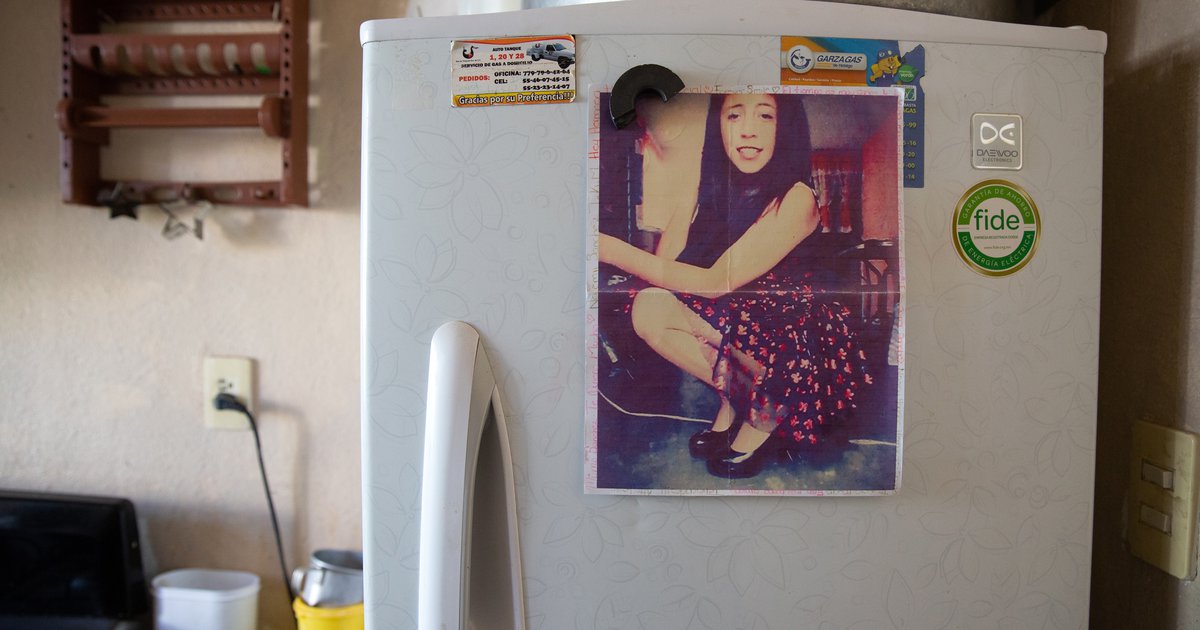
Researching gender-based violence (GBV) can be a complicated task. Policymakers often prefer numbers, which are assumed to provide clear evidence of the scale of the problem. But quantitative analyses risk separating this information from its socio-cultural context and the lived experiences of such violence. To make sure that policy responds to survivors’ needs, it is crucial that their experiences are taken into account.
But qualitative research, especially when involving survivors of GBV, has its own challenges. It implies risks for the physical and emotional safety of participants, especially when survivors have to recount their experiences over and over again. It can also produce feelings of exploitation when researchers – or journalists for that matter – advance their careers with stories that attract widespread public attention, while leading to few changes to survivors’ situation. Hearing harrowing accounts of violence can also be challenging for researchers and lead to secondary traumatisation.
These risks are compounded when research takes place in Low- and Middle-Income Countries (LMICs), where survivors often find themselves in dire socio-economic situations, and even more so when it is undertaken or funded by researchers or institutions from the Global North. The unequal power relations this creates and the increased risks of exploitation, paternalism or even neo-colonialism have been widely discussed, including on Open Democracy.
With these dilemmas in mind, our project aims to develop best practice guidelines on researching GBV in LMICs, with a specific focus on the use of participatory and creative methods. Participatory research has important potential to engage affected populations, develop local research capacity and redress the power imbalances that underpin violence and gender inequalities, which are also present in research on these issues. As co-researchers, participants can decide about what they want to research and what changes they want to see as a result.
The first step towards developing our guidelines was a scoping review of academic and grey literature on participatory methods to research GBV in LMICs, which was recently published. This scoping review, together with empirical research carried out in Kenya, formed the basis of an international workshop that was held last summer, in which we developed draft guidelines.
We are currently validating these in a participatory approach with our partners from Guatemala, Kenya and Uganda, and will formally launch them soon. In the meantime, we want to share the important insights we have learnt in this piece, since they can be helpful for others undertaking research on GBV around the world.
Key elements for ethical and participatory approaches to GBV research in LMICs
When we reviewed the existing literature, it was striking to learn that currently there are no specific protocols or best practice guidelines that focus explicitly on participatory and creative research in LMICs with survivors of GBV. There are guidelines on research with survivors of GBV and other protocols focused on participatory research more broadly, particularly in relation to Indigenous or marginalised communities.
But those protocols about research in LMICs considered participatory research as one possible method rather than as a basic principle for research in this context. We decided to review papers which dealt with at least two out of the three topics that our guidelines will address – participatory/creative methods, GBV, and Global South/Indigenous communities.
PrintRadio Free | Radio Free (2020-06-22T11:53:22+00:00) How to improve gender-based research?. Retrieved from https://www.radiofree.org/2020/06/22/how-to-improve-gender-based-research/
Please log in to upload a file.
There are no updates yet.
Click the Upload button above to add an update.